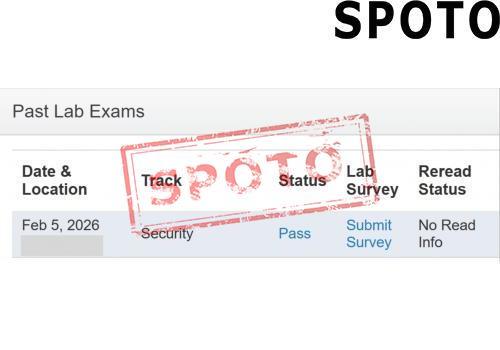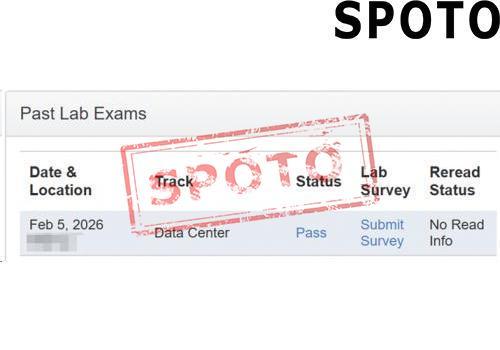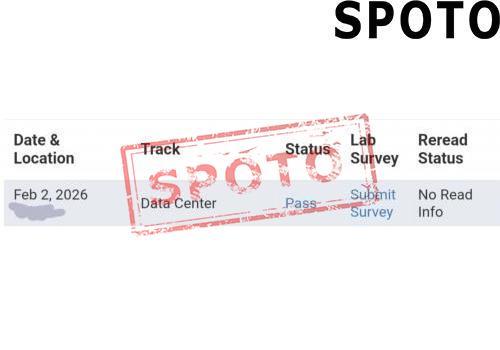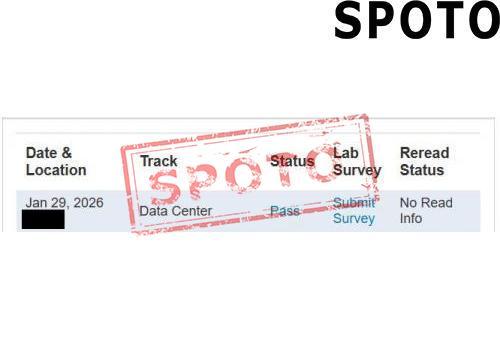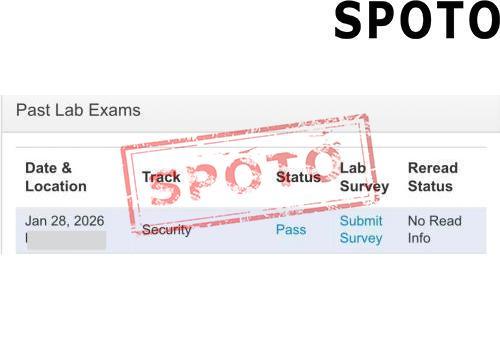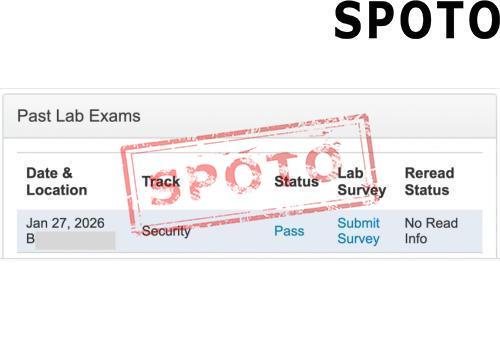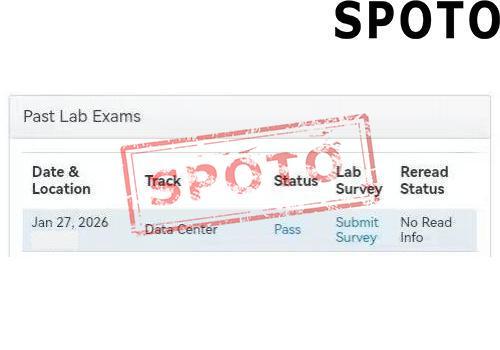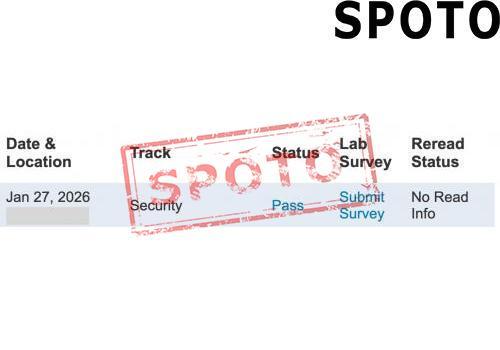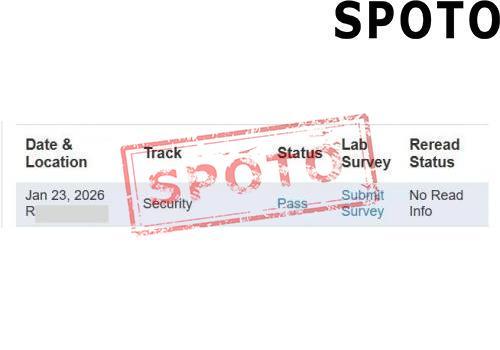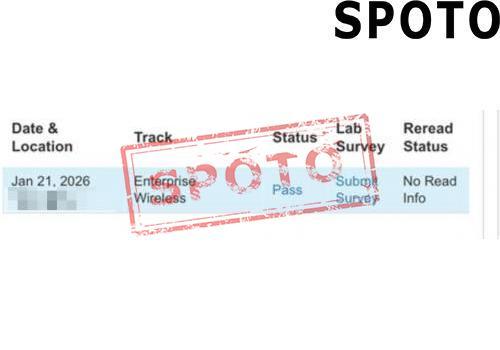
The Cisco Certified Internetwork Expert (CCIE) is one of the most prestigious certifications in the IT industry, often referred to as the "pinnacle of networking certifications." Even seasoned IT professionals with years of experience find the CCIE exam daunting. Why does it push the limits of even the best? Let's dive into the reasons that make CCIE a rigorous challenge for even the most knowledgeable in the field.
1. It's More Than Memorization
Many certifications rely heavily on theoretical knowledge. CCIE, however, takes it a step further, requiring candidates to demonstrate mastery in both theory and practical application. The exams:
- Demand a deep understanding of protocols, configurations, and troubleshooting.
- Include real-world scenarios that replicate live enterprise environments.
For example, while knowing BGP (Border Gateway Protocol) commands is important, CCIE candidates must also understand its behavior in complex network topologies.
2. The Complexity of the Lab Exam
The CCIE lab exam is an eight-hour marathon designed to test a candidate's problem-solving skills in real-time.
- Configurations: Candidates must set up advanced networks from scratch, ensuring they meet specific requirements.
- Troubleshooting: They are given broken or misconfigured networks to identify and fix within a strict time limit.
- Diagnostic Skills: Scenarios may involve ambiguous or incomplete information, challenging candidates to think critically.
This hands-on approach is mentally exhausting, even for experienced professionals.
3. The Breadth of Knowledge Required
CCIE certifications cover an extensive range of topics, often spanning multiple domains within networking. For example:
- CCIE Enterprise Infrastructure: Focuses on routing, switching, SD-WAN, and network automation.
- CCIE Security: Emphasizes firewalls, VPNs, and advanced threat defense.
- CCIE Data Center: Covers storage networking, virtualization, and application-centric infrastructure.
Staying updated on emerging technologies like automation, cloud networking, and software-defined solutions is essential. Even seasoned IT professionals may need months of preparation to achieve this level of expertise.
4. It Requires a Unique Mindset
Experience alone doesn't guarantee success in CCIE. The exam challenges candidates to:
- Think critically under pressure.
- Troubleshoot with incomplete or misleading information.
- Manage time effectively to complete tasks within the exam's strict timeframe.
Even seasoned professionals, used to working at their own pace or with team support, may struggle to adapt to these unique challenges.
5. The Constant Evolution of Technology
The networking landscape evolves rapidly, and Cisco updates its CCIE curriculum regularly to reflect these changes. Candidates must:
- Stay current with new technologies, protocols, and best practices.
- Learn tools like Ansible for network automation or Cisco DNA Center for centralized management.
This constant evolution keeps the certification relevant but also raises the bar for everyone, regardless of experience.
6. Rigorous Exam Design
Cisco invests heavily in making CCIE exams as challenging as possible. They:
- Hire experts to design scenarios that test advanced problem-solving and conceptual understanding.
- Introduce adaptive testing techniques that ensure only the best-prepared candidates succeed.
Even professionals with years of real-world experience may encounter questions and scenarios that push them out of their comfort zones.
7. High Expectations from Employers
Earning a CCIE certification isn't just about passing an exam—it's about demonstrating a level of mastery that employers trust. A CCIE-certified professional is expected to:
- Architect and deploy complex networks.
- Troubleshoot enterprise-level issues independently.
- Lead teams and mentor junior engineers.
These high expectations mean the exam must be rigorous enough to ensure candidates meet these standards.
8. The Pressure of Perfection
The CCIE is a high-stakes certification. Failing means not only a loss of time and effort but also significant financial investment. Candidates:
- Face immense pressure to perform flawlessly.
- Need to remain calm and focused during the exam, which is easier said than done.
This psychological pressure can be as challenging as the technical content itself.
Conclusion
The CCIE certification remains one of the toughest challenges in IT for good reason. Its rigorous testing of theoretical knowledge, practical skills, and mental fortitude ensures that only the most skilled and dedicated professionals earn the title. For those who succeed, however, the rewards are immense: unparalleled career opportunities, recognition, and the personal satisfaction of mastering one of the most challenging certifications in the world.
